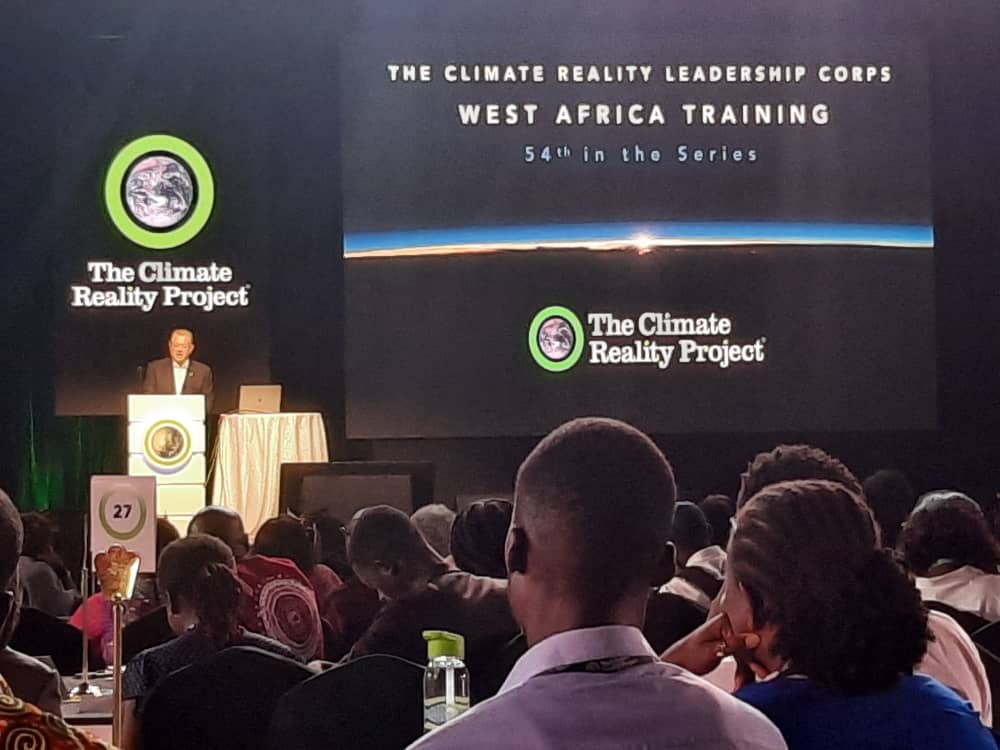
By Nnimmo Bassey
This is a critical moment for us to examine a critical issue that affects not only our environment and our health but also our fundamental human rights – our right to life and health; our right to a healthy environment; our right to food and food sovereignty and our right to participation and information.
Pesticides are designed to kill or control pests that can damage crops, spread diseases, or harm the environment. While they have undoubtedly played a role in improving agricultural productivity, we must recognize the hazards that come with their use. Pesticides, because of poor regulation and management, have devastating consequences for human and environmental health and by extension, human rights.
The use of pesticides has dire consequences for our right to life and health. Many pesticides are highly hazardous and cause acute and chronic health problems when exposed to them. Pesticides have been linked to a wide range of health issues, including cancers, neurological disorders, reproductive problems, and diverse ways of poisoning farmworkers.
An important example that we cannot forget in a hurry is the pesticide poisoning in 2020, which took the lives of nearly 270 people in Benue State, where their water source was contaminated with Endosulphan.
These impacts disproportionately affect vulnerable communities, including agricultural workers, who often lack the necessary protection and awareness of the risks associated with exposure to pesticides.
Our right to a clean and healthy environment, a fundamental human right, is also under threat from the indiscriminate use of pesticides. Pesticides contaminate soil, water, and air, affecting ecosystems and wildlife.
The loss of biodiversity and the contamination of natural resources undermine our capacity to sustain life, affecting the rights of present and future generations. It directly negates basic rights such as the right to a satisfactory environment as enshrined in Article 24 of the African Charter on Human and Peoples’ Rights.
The impact of pesticides extends to our right to food and food sovereignty. While pesticides are used to protect crops, their residues can end up in the food we consume, posing health risks.
The presence of pesticide residues in our food can lead to food safety issues, undermining our right to access safe and nutritious food, particularly for those already struggling with food insecurity.
Excessive pesticide residue in our food products currently affects our exports as these products are rightly rejected in international markets. Besides, pesticides also kill non-target species, and this has damaging impacts on the web of life.
Our right to participation and information is also at stake when it comes to pesticides. Many individuals and communities affected by highly hazardous pesticides lack access to crucial information about the chemicals being used near their homes or the potential health risks they face. This lack of information hampers their ability to make informed decisions about their environment and well-being.
It is time to enact and enforce stricter regulations on the use of pesticides, with a focus on protecting human health and the environment. It is also time to encourage and support the development and adoption of alternative pest management methods, such as integrated pest management, biological pest control and use of biopesticides.
Agricultural workers must be empowered with the knowledge and tools to protect themselves from pesticide exposure. We need to urgently empower and revive our extension service system so that farmers in local communities are equipped with the right knowledge. The wider public must be informed of the highly hazardous pesticides, including the types, quantities, and locations.
Pesticides can now be seen as a more active solution to agricultural challenges. Neither should GMOs. We must protect and preserve nature’s resources to preserve our food culture and heritage. To do this, we must retrace our steps and recall every decision/permit that threatens our individual and collective well-being and the environment.










